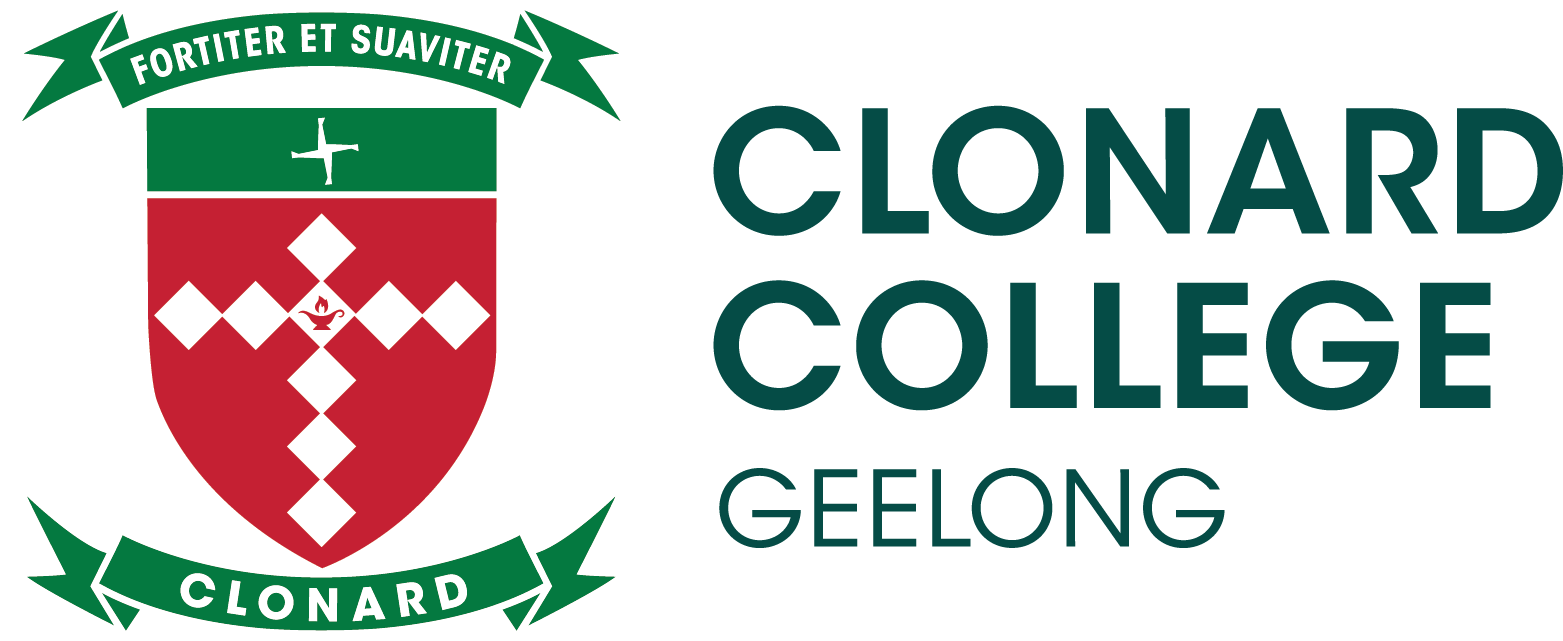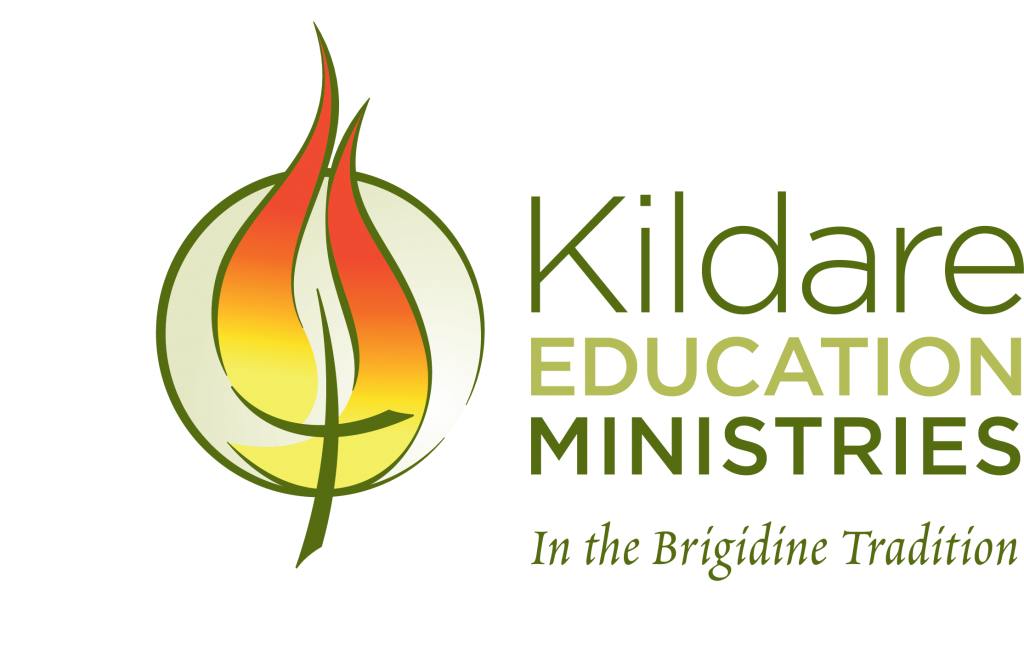Our Philosophy
Our Philosophy is guided by our college vision, values and graduate outcomes.
The Kildare Ministries Living Justice Living Peace Charter also guides our way of being at Clonard.

Educating Young Women
The educational experience at Clonard is more than an academic journey. It is an education that nurtures young women to embody our College motto ‘strength and kindliness’. It is an education where the spirituality of our students is fostered. Our students’ personal strengths are known, cultivated and celebrated through a broad range of opportunities and extracurricular offerings including leadership opportunities.
We place equal importance on care for students’ wellbeing and their academic learning success. A Clonard education provides our young women a sense of social justice and a voice to make a difference in the world. It is an education where the leaders of tomorrow are formed.
Catholic Identity
As a school, we celebrate our Catholic Identity. United by our belief in God we act out the gospel message inspired by the person of Jesus Christ. Our relationship with God nurtures our understanding of self, others and the world.
Dialogue is the key to the development of a strong identity; dialogue with each other, with the Catholic faith tradition and other faith traditions. At Clonard we use the Pedagogy of Encounter model to promote rich engagement for our students in Religious Education.
Students have opportunities to experience personal prayer and engage in community liturgy and ritual associated with the liturgical year and other celebratory events within the life of the school.

Learning & Teaching
Clonard offers a learning and teaching program designed to challenge and be responsive to the emerging needs in education. Our learning is designed around the principles of our Learning Charter. We have introduced the New Pedagogies for Deep Learning model of learning design to promote deeper engagement in learning. We want all our students to become successful learners, confident and creative individuals, and active and informed citizens. The curriculum is regularly assessed and updated to remain current and appropriate for future workforce demands and the transition to further study or training.
Essentially, our teaching and learning program aims to have students seek knowledge, understanding and skills as foundations for a life of learning. Our curriculum incorporates rich and robust offerings across all domains and with extra-curricular opportunities to extend and enrich the experiences of students. The school focuses on developing strong pathway skills in students through comprehensive VCE, VCE-VM and VET Programs along with our Years 7 – 10 delivery of the Victorian Curriculum.

Wellbeing
At Clonard, we strive to educate the whole person. Ensuring each student is healthy, safe, engaged, supported and challenged, sets the climate for long term success. Wellbeing underpins our whole approach to teaching, learning, and curriculum structure.
The six overarching domains from PERMAH in our evidence-based Wellbeing program are applied throughout the College and are explicitly taught by staff so that students come to value and nurture their physical, mental and emotional health. When students are well-positioned physically, mentally and emotionally they are in the mindset to learn and achieve. Our daily Wellbeing group time ensured ongoing connections are fostered and skills are practised to promote wellbeing, positive behaviours, peer connections and resilience.
Our Heritage & Future
Whilst we treasure and value our traditions and heritage, we are a College that is responsive to the dynamic nature of the world in which we live. We actively strive to ensure our programs are equipping our young women to thrive both in the present and the future. Our past record shows the strong achievements of our graduating students and we aspire to continuous improvement for both students and staff.
Community & Partnerships
Our staff are committed and passionate about what they do and will go above and beyond in many cases to support our students. We also recognise that the sacred privilege of educating young women is not one that can be achieved without community support and so our partnerships with families and other community agencies and groups are paramount.


